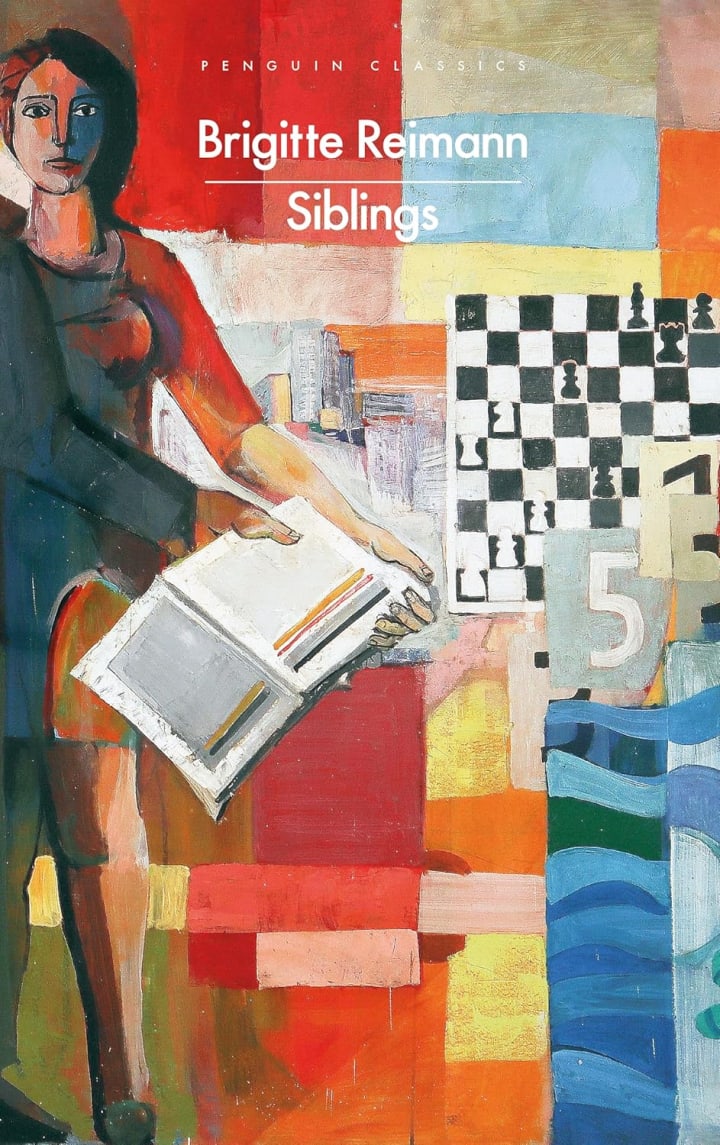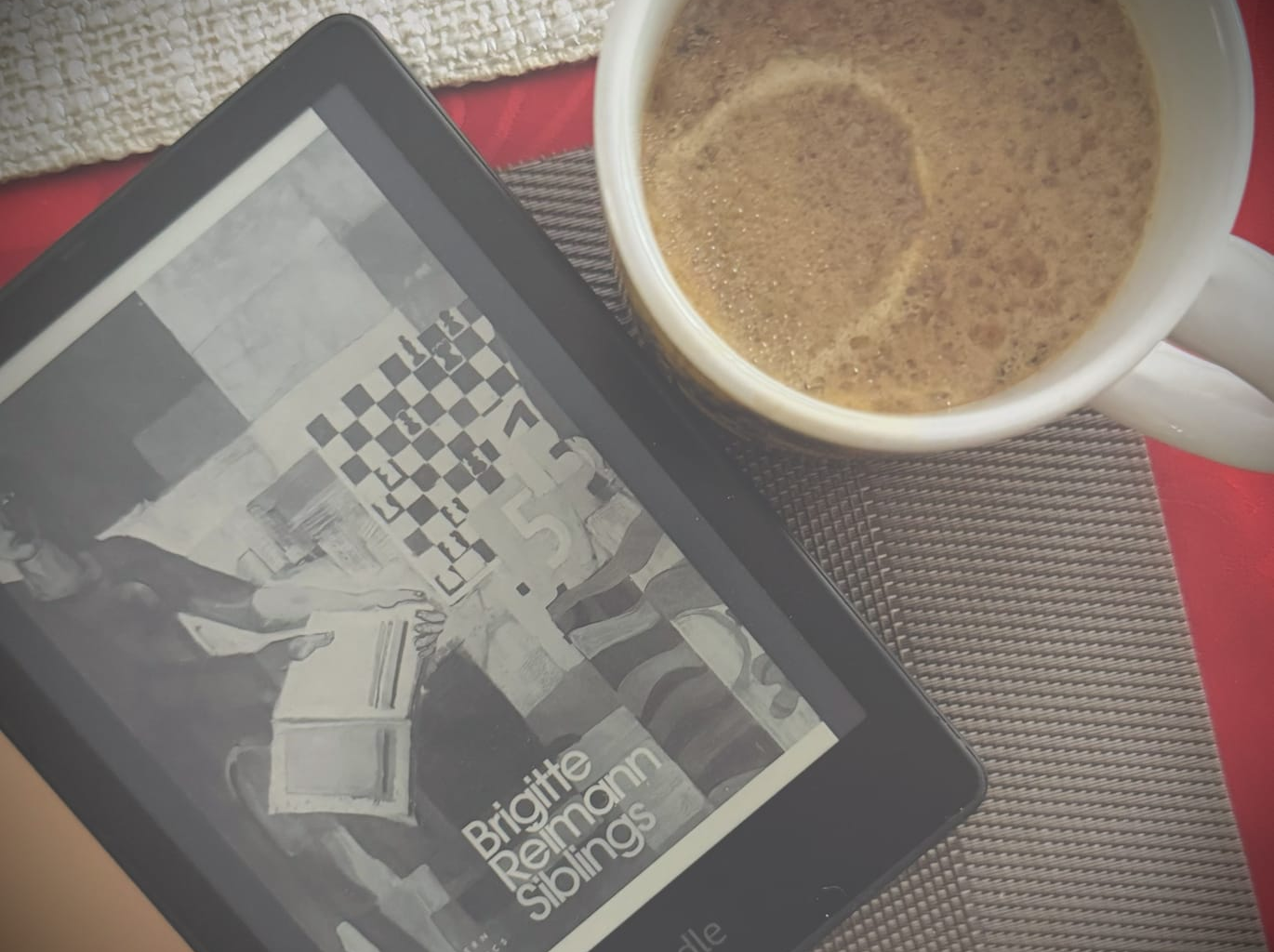You know things are great when a Penguin Modern Classic is available for cheap on Amazon Kindle. I’m not going to lie to you, I’m on this huge diet and the lack of eating has been replaced with some reading, some writing, some Netflix and other things. I’ve drank numerous cups of black coffee (no sugar, of course), so that is a plus of the diet because it’s my favourite drink. But on the flip side, the diet has left my head a bit hazy from time to time with some spells of being about to faint. Needless to say though, I’m doing fine. So, let’s get on with exploring this book…
The novel is set in East Germany in 1960 and tells the story of two siblings. One named Elisabeth who commits herself to the socialist atmosphere of the east and her brother, Uli who wishes to deflect to the west. Elisabeth is an artist who sets out to paint works that illustrate aspects of socialism. Be that as it may, she draws some criticism from those who respect the dogmas of the east, showcasing that even they will eat their own and how far the scrutiny will go to limit artistic freedom in this time and in this place. The writing is surprisingly minimalistic for a political novel and definitely depicts the divide of people at a time when it was really about stay or leave, and even then both of those things seem impossible.
Uli gets himself blacklisted even though he has just qualified as an engineer. As he plans to escape the east, his sister is constantly trying to dissuade him. Both of them are revealed to have already lost their older brother, Konrad to a deflection earlier. Elisabeth’s pain in Uli’s deflection therefore, seems more justified to the reader even though staying in East Germany also seems like a horrible idea. The conflict between the two siblings is then internalised to Elisabeth’s own mind, she wants her brother to stay and be safe, but deep down she also knows that Uli cannot possibly stick around after being blacklisted.
The writer does an excellent job at presenting all of these microcosms of conflict, all of these side thoughts that present anxieties that grow and grow with more and more information the reader learns about these two siblings. It isn’t always as simple as leaving because well, sometimes it doesn’t turn out the way you think it will. Deflection therefore, is something that Uli wants to do, but he almost has to understand his sister’s point of view as well.
 From: Amazon
From: Amazon
The family dinners become moments of extreme conflict, throwing insults around and talking about who voted for Hitler and who is really to blame for this horrid divide which is ripping through the siblings. The siblings themselves personify the deep guilt East Germany holds and how they all come to deal with it in different ways. It is quite an awesome read and this is perhaps one of my favourite aspects of the whole book.
As this all escalates, an old painter starts to accuse Elisabeth of political crimes and yet, Elisabeth refuses to be silenced. The deflection of her brother begins to make sense and yet, the deflection of Konrad cannot escape her brain. It is deeply turbulent even though it keeps looping back to the conversation at the beginning of the novel, the book definitely explores years and years of history to do with Germany. The idealised socialist state may not really exist and thus, Elisabeth has to ask herself what she feels she is protecting. She wants to be loyal, she wants to be ‘good’ but she also wants to be treated like a person. In this state, you cannot have it all and it is slowly made perfectly clear to her.
All in all, I thought this book was a brilliant representation of many conflicts, many different side fights and many internal struggles which definitely plagued more than one person in East Germany, perhaps thousands of them. I was honestly quite surprised I enjoyed this novel seeing as I am really picky about political fiction and yet, the writing was just fantastic – I highly recommend it.

